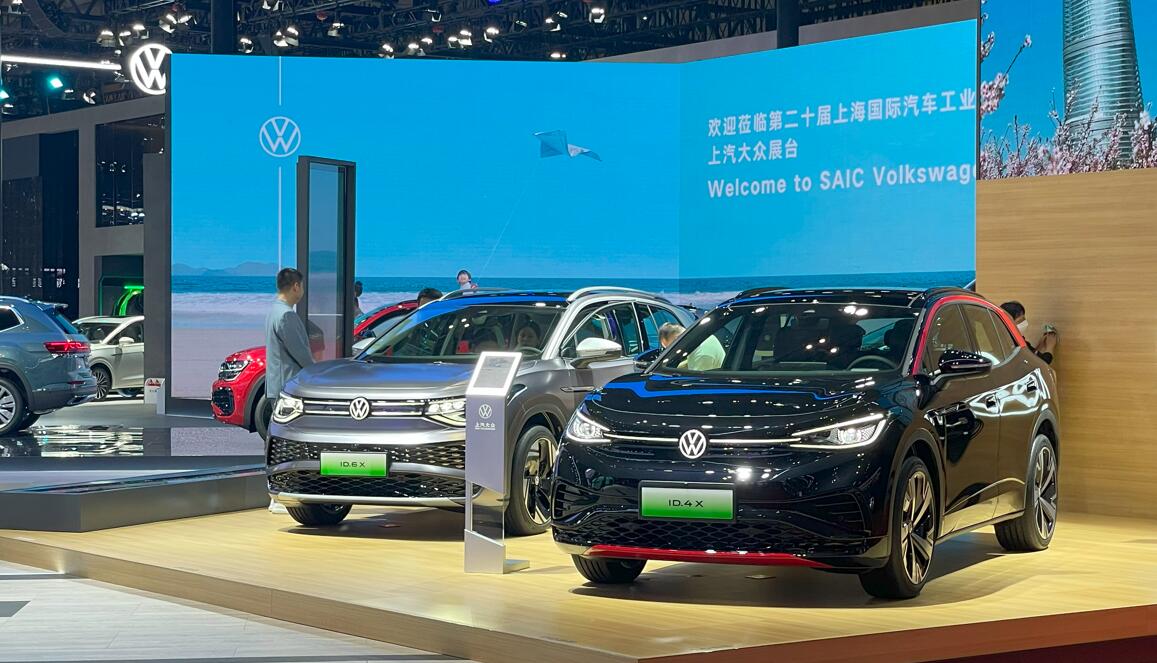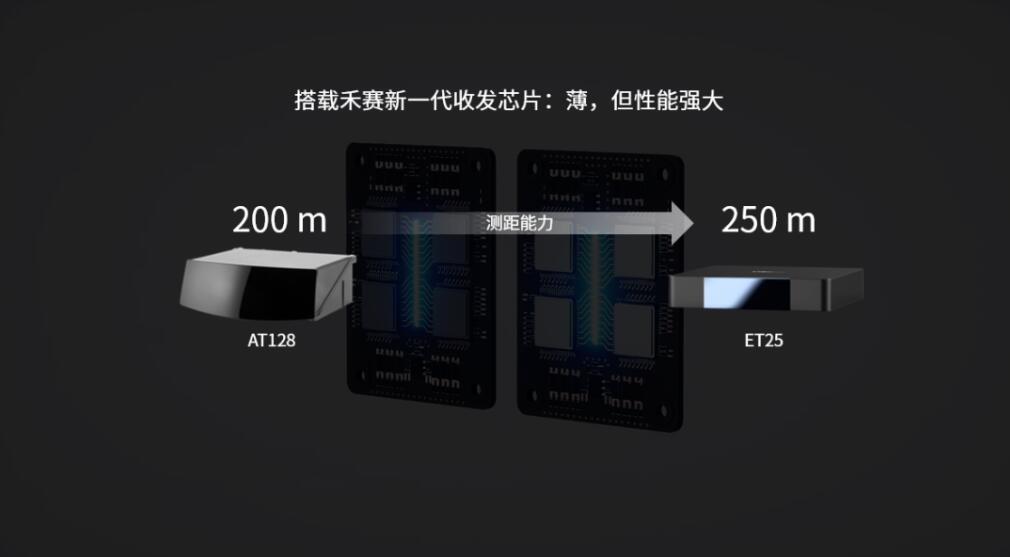There have been no discussions between Volkswagen China and other companies about operating system licensing, local media quoted the German carmaker as saying.

(Image credit: CnEVPost)
Volkswagen China denied it was in talks to use Huawei software in its cars in China, after a report yesterday sparked widespread discussion.
There have been no discussions between Volkswagen China and other companies about operating system licensing, local media Economic View cited the German automaker as saying today.
To provide the greatest possible convenience to customers, Volkswagen is continuing to push further into the development of existing software, the automaker said.
The Financial Times said in a report yesterday that Volkswagen has been in talks to use Huawei software in its cars in China, hoping to boost its efforts to gain a bigger share of the country's electric vehicle market.
Three people familiar with the situation said Volkswagen has talked with Huawei about using the latter's technology in its cars, while another person said the German carmaker has held similar talks with other Chinese groups, according to the Financial Times report.
Volkswagen's software is seen as lagging behind some local players in China, but it is one of the most aggressive of foreign car companies seeking change.
In late 2021, there were rumors that Huawei and Volkswagen Group were planning to form a joint venture to develop self-driving technology. But this was never confirmed.
Last October 13, Horizon Robotics, one of the leading providers of computing solutions for smart vehicles in China, announced that Cariad, Volkswagen's software subsidiary, would form a joint venture with it to accelerate efforts to develop smart driving technology locally.
Volkswagen plans to invest about 2.4 billion euros for a 60 percent stake in the joint venture, which is expected to close in the first half of 2023, according to a statement from Horizon Robotics.
Last October 24, local media outlet 36kr reported that Su Jing, a former Huawei executive and self-driving industry veteran, would join the joint venture, possibly as head of one of the technologies.
VW reportedly in talks to use Huawei software in its cars in China
The post VW denies talks with Huawei on auto software licensing in China appeared first on CnEVPost.
For more articles, please visit CnEVPost.




















